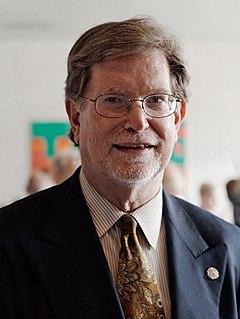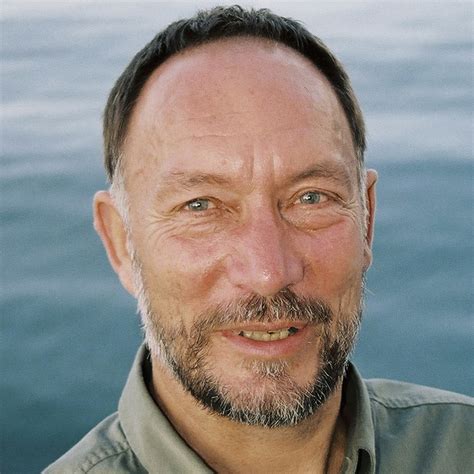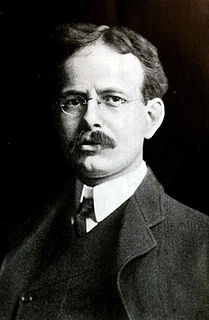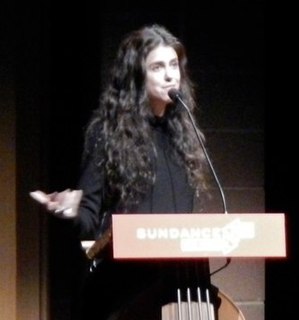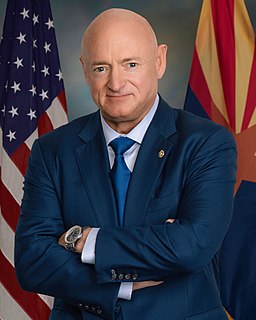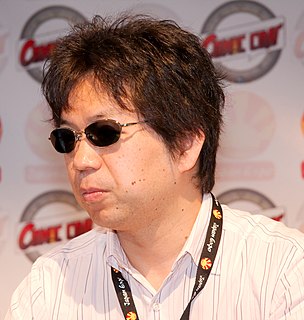Top 1200 Space Science Quotes & Sayings - Page 10
Explore popular Space Science quotes.
Last updated on December 12, 2024.
When Russians were having troubles, the Space Shuttle supported the Space Station Mir bringing up much needed supplies and replacements, critical spares, really. That they were able to keep their space station going for much longer than they would have without us. So, I think that shows the value of international cooperation.
In the 1920s the young English physicist Paul Dirac began trying to understand and describe the space-time evolution of the electron, the first elementary particle discovered by J.J. Thomson in 1897. Dirac was puzzled by an unprecedented property of space-time, discovered by Lorentz in his studies of electromagnetic forces, whereby if space was real, time had to be imaginary, and vice versa. In other words, space and time had to be a ‘complex’ mixture of two quantities, one real and the other imaginary.
... If we consider the difference between William Henry Jackson packing in his camera by mule, and the person stepping for a moment from his car to take a picture with his Instamatic, it becomes clear how some of our space has vanished; if the time it takes to cross space is a way by which we define it, then to arrive at a view of space 'in no time' is to have denied its reality.
If we consider what science already has enabled men to know-the immensity of space, the fantastic philosophy of the stars, the infinite smallness of the composition of atoms, the macrocosm whereby we succeed only in creating outlines and translating a measure into numbers without our minds being able to form any concrete idea of it-we remain astounded by the enormous machinery of the universe.
For this knowledge of right living, we have sought a new name... . As theology is the science of religious life, and biology the science of [physical] life ... so let Oekology be henceforth the science of [our] normal lives ... the worthiest of all the applied sciences which teaches the principles on which to found... healthy... and happy life.
The most remarkable discovery made by scientists is science itself. The discovery must be compared in importance with the invention of cave-painting and of writing. Like these earlier human creations, science is an attempt to control our surroundings by entering into them and understanding them from inside. And like them, science has surely made a critical step in human development which cannot be reversed. We cannot conceive a future society without science.
Science fiction is the most important literature in the history of the world, because it's the history of ideas, the history of our civilization birthing itself. ...Science fiction is central to everything we've ever done, and people who make fun of science fiction writers don't know what they're talking about.
" Science is beginning to encroach on every level of our volition". And to me, that is a frightening social concept. It doesn't have anything to do with the right to have an abortion verses the right to life. It has to do with the ability of science to keep things alive and the ability of science to really control our lives.
Like buried treasures, the outposts of the universe have beckoned to the adventurous from immemorial times. Princes and potentates, political or industrial, equally with men of science, have felt the lure of the uncharted seas of space, and through their provision of instrumental means the sphere of exploration has made new discoveries and brought back permanent additions to our knowledge of the heavens.
I would teach the world that science is the best way to understand the world and that for any set of observations, there is only one correct explanation. Also, science is value-free, as it explains the world as it is. Ethical issues arise only when science is applied to technology - from medicine to industry.
I often compare open source to science. To where science took this whole notion of developing ideas in the open and improving on other peoples' ideas and making it into what science is today and the incredible advances that we have had. And I compare that to witchcraft and alchemy, where openness was something you didn't do.
When I got to MIT, I discovered a really interesting Master's program called the Science and Technology and Policy Program - it taught people with a background in STEM how to think about science and tech from a policy perspective. It was a great way to understand how to communicate science to a policymaker or a layperson.
I do think that science fiction ideas are best expressed through visual media like film and TV. Realist literature depicts things that we have seen in life, but science fiction is different: what it depicts exists only in the author's imagination. When it comes to science fiction, the written word is inadequate.
Contempt for science could perhaps depend on the fact that, science hasn't been able to solve any of our basic problems, for example the environmental pollution or the problems with HIV and AIDS. This is the worst disease of our time, and scientists are lost. I believe that many people are disappointed with science when the answers we need are not delivered.
I hold that space cannot be curved, for the simple reason that it can have no properties. It might as well be said that God has properties. He has not, but only attributes and these are of our own making. Of properties we can only speak when dealing with matter filling the space. To say that in the presence of large bodies space becomes curved is equivalent to stating that something can act upon nothing. I, for one, refuse to subscribe to such a view.
We often say that our science is objective and accurate, but we don't often say that our science is incomplete - that although the established parts of natural science are very well tested and the evidence makes a compelling case for things being as they've been described, there nevertheless are open questions that we cannot answer.
It shouldn't be so difficult to determine what a planet is. When you're watching a science fiction show like 'Star Trek' and they show up at some object in space and turn on the viewfinder, the audience and the people in the show know immediately whether it's a planet or a star or a comet or an asteroid.
Science and its practice are no longer free and willing today but instead are constantly terrorized by research funding gravy trains and group thinking. This is why science needs defending and it takes courage to cleanse science from those cancerous elements and to bring her forward in its rightful place again. I am humbled and honored by this recognition.
It is for Muslim scholars to study the whole history of Islamic science completely and not only the chapters and periods which influenced Western science. It is also for Muslim scholars to present the tradition of Islamic science from the point of view of Islam itself and not from the point of view of the scientism, rationalism and positivism which have dominated the history of science in the West since the establishment of the discipline in the early part of the 20th century in Europe and America.
It was an excess of fantasy that killed the old United States, the whole Mickey Mouse and Marilyn thing, the most brilliant technologies devoted to trivia like instant cameras and space spectaculars that should have stayed in the pages of Science Fiction . . . some of the last Presidents of the U.S.A. seemed to have been recruited straight from Disneyland.
The invocation of science, of its ground rules, of the exclusive validity of the methods that science has now completely become, now constitutes a surveillance authority punishing free, uncoddled, undisciplined thought and tolerating nothing of mental activity other than what has been methodologically sanctioned. Science and scholarship, the medium of autonomy, has degenerated into an instrument of heteronomy.















